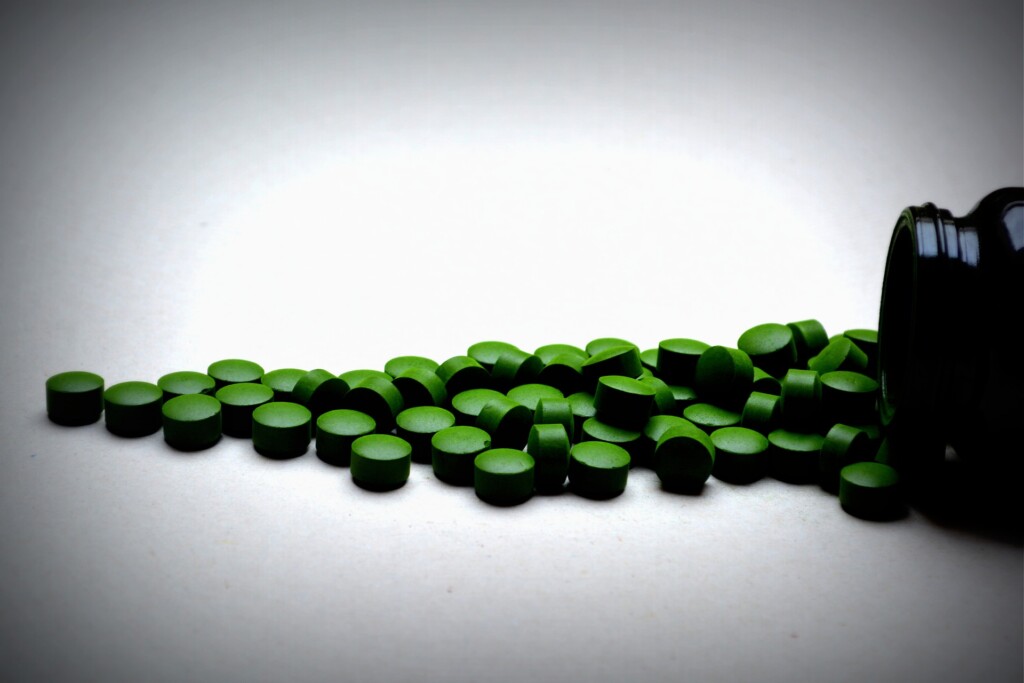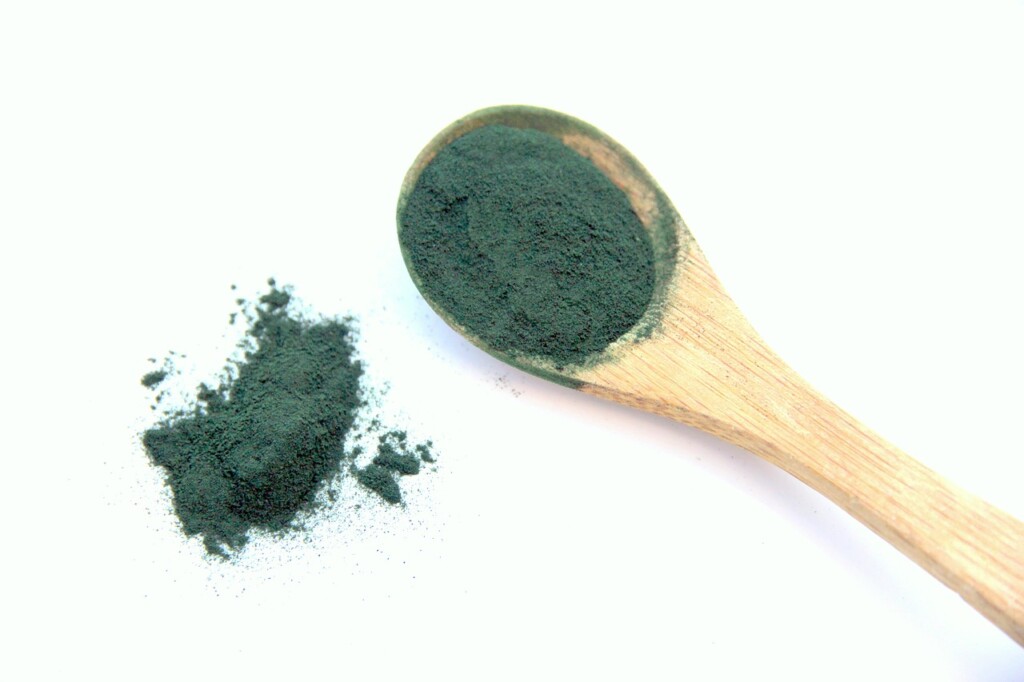The import of organic powdered matcha tea is high in countries like the United States, Germany, or Great Britain, where it is becoming a substitute for coffee due to its stimulating properties and advantages over caffeine. Within our borders, the demand is significant, and it’s not difficult to find establishments where you can have it or buy it to prepare at home.
The upward trend in the import of organic powdered matcha tea can be easily seen by taking a look at social networks, where millions of users share and inquire about the properties of this tea. Oriental products, such as different types of seaweed (including spirulina), ginger, or goji berries, are increasingly valued by Western consumers for their properties.
The demand for organic powdered matcha tea in Europe and the United States is steadily increasing. Consumers opt for this variety of tea for its excellent properties and health benefits.
Uses of organic powdered matcha tea
Matcha powdered tea is originally from Japan and has been the only one used in the Japanese tea ceremony for over 1,000 years. In the West, it can be found in various preparations, such as powder, capsules, tablets, and tea bags.
In the food industry, it is used for the preparation of various dishes, as it can be dissolved in water and used to add a touch of flavor and intense green color. Thus, it can be found in cakes, truffles, cookies, ice creams, smoothies, breads, creams, soups, breadings, and, of course, in many preparations of typical Japanese food such as mochi or yokan.
This type of tea is not consumed by infusion but dissolved in water or other beverages. There are mainly two types of matcha tea, ceremonial and culinary. The first one is obtained from the highest and tenderest leaves of the plant, while the latter comes from the lower leaves.
The harvest of matcha tea
Organic powdered matcha tea is obtained from the cultivation of the tea plant without the use of chemical fertilizers, pesticides, or insecticides. It is the most demanded nowadays due to the growing trend of consuming organic products.
The green tea fields are covered with cloths until the harvest time so that the plant retains all its chlorophyll. Once the leaves are harvested, they are ground into a fine powder. The number of harvests varies each year, but they usually range from 3 to 4 per season. There are two methods to carry it out, manually or by machine.
The first harvest is of the highest quality and, therefore, is done by hand. This is usually intended for consumption in the tea ceremony. Subsequent harvests are done by machine and are intended for export and for the preparation of dishes. The import of organic powdered matcha tea is mainly destined for the culinary sector in Europe and the United States, where its demand grows year after year.
At Bull Importer, we work with certified suppliers of organic powdered matcha tea, complying with all the controls established by European regulations. Contact us, and we will inform you about prices, conditions, and minimum orders.




